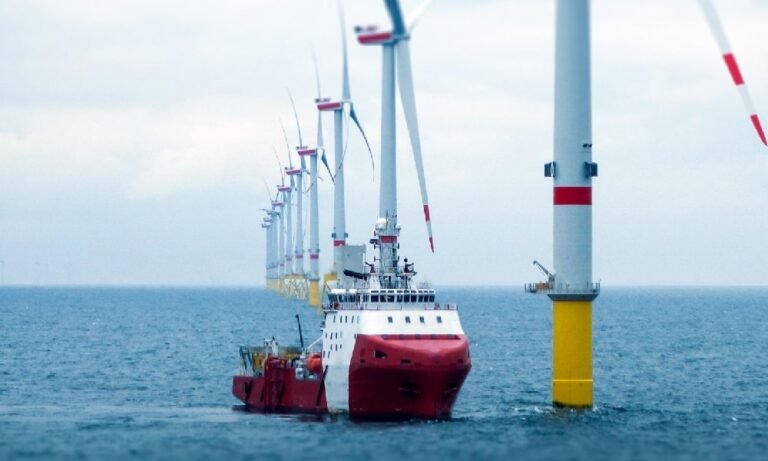The German Offshore Wind Industry Faces Setback as No Bids Received in Tender for Two Wind Farms
In a rude awakening for the German offshore wind industry, the country’s grid regulator BNetzA revealed that no investor submitted a bid in the tender for two offshore wind farms.
Germany offered two North Sea sites, N-10.1 and N-10.2, which were supposed to have a combined capacity of 2.5GW. The two sites, with a total area of approximately 182 sq km, were scheduled to go into operation in 2030 and 2031, respectively.
As the tender process failed to attract any bids, German authorities are obligated to conduct a new tender process for the same site, most likely under better conditions.
The main reason for this is the lack of subsidies from the German government. Most countries in Europe have introduced two-sided contracts for difference as a revenue stabilisation mechanism for offshore wind development.
In 2024, Denmark decided to offer no subsidies as well, just for the offshore round to end up with zero bids.
The German Offshore Wind Energy Association (BWO) saw this recent development as an alarming signal and called on the government to fundamentally reform the auction design.
“The fact that not a single company participated in this auction is a foregone conclusion. The industry has been warning for years against burdening companies with too many risks. The current auction design forces developers to bear risks beyond their control without any protection. The result sends a clear message – the German offshore wind market is currently not attractive to investors,” said Stefan Thimm, the BWO managing director.
Germany has a goal to reach 30GW by 2030, 40GW by 2035, and 70GW by 2045. However, it added just 700MW in 2024.
“The federal government must finally pave the way for a reliable CfD system alongside long-term electricity supply contracts. Contracts for difference lead to a reduction in electricity generation costs of up to 30% – the basis for competitive electricity prices. Without this reform, further auctions could fail and with them the energy transition,” Thimm added.

